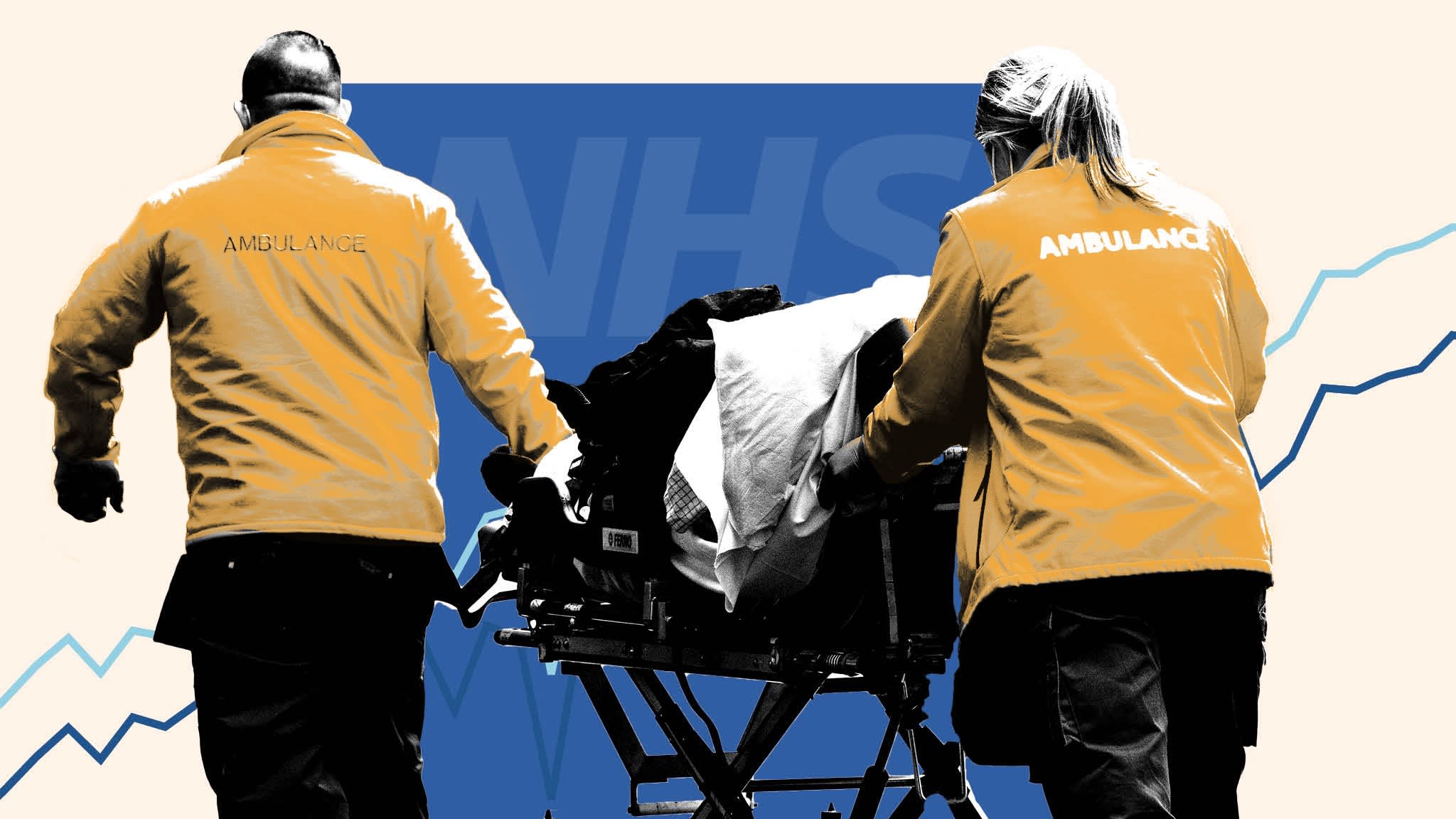Can private tech groups reduce cost pressures on Britain’s NHS?
A new app that turns a mobile phone into a clinical-grade scanner is easing pressure on one of the UK’s busiest emergency departments, while another company is using music to treat anxiety and soothe pain, reducing drug bills.
Across the health and care sector, new partnerships with technology companies are being forged with the aim of cutting costs as well as contributing to wider environmental goals.

Other companies have struggled to monetise their work with the NHS. Babylon, the telemedicine company behind GP at Hand app, has wound down UK operations to instead focus on the more lucrative US market.
At MediMusic, Jones lamented a lack of “segmentation” that meant all digital technology, from an app “right the way through to high end robotics”, had to bear the same burden of regulatory compliance. In the US, in contrast, burdens varied according to the complexity of the intervention, he suggested.
He welcomed an announcement by chancellor Jeremy Hunt this month that the UK medicines regulator, the MHRA, would from next year “allow rapid, often near automatic” sign-off for technologies already approved by trusted regulators elsewhere and would set up a fast new approval process for the most cutting-edge devices.
The NHS said it was “already leading the world in developing and adopting innovations which improve patient care”.
“Thanks to partnerships with industry, we have led the way in achieving the world’s first ever net zero cancer operation, we have delivered chemotherapy drugs by drone and the NHS has the UK’s first hospital capable of being powered completely by solar energy.”
This story originally appeared on: Financial Times - Author:Ian Johnston



























